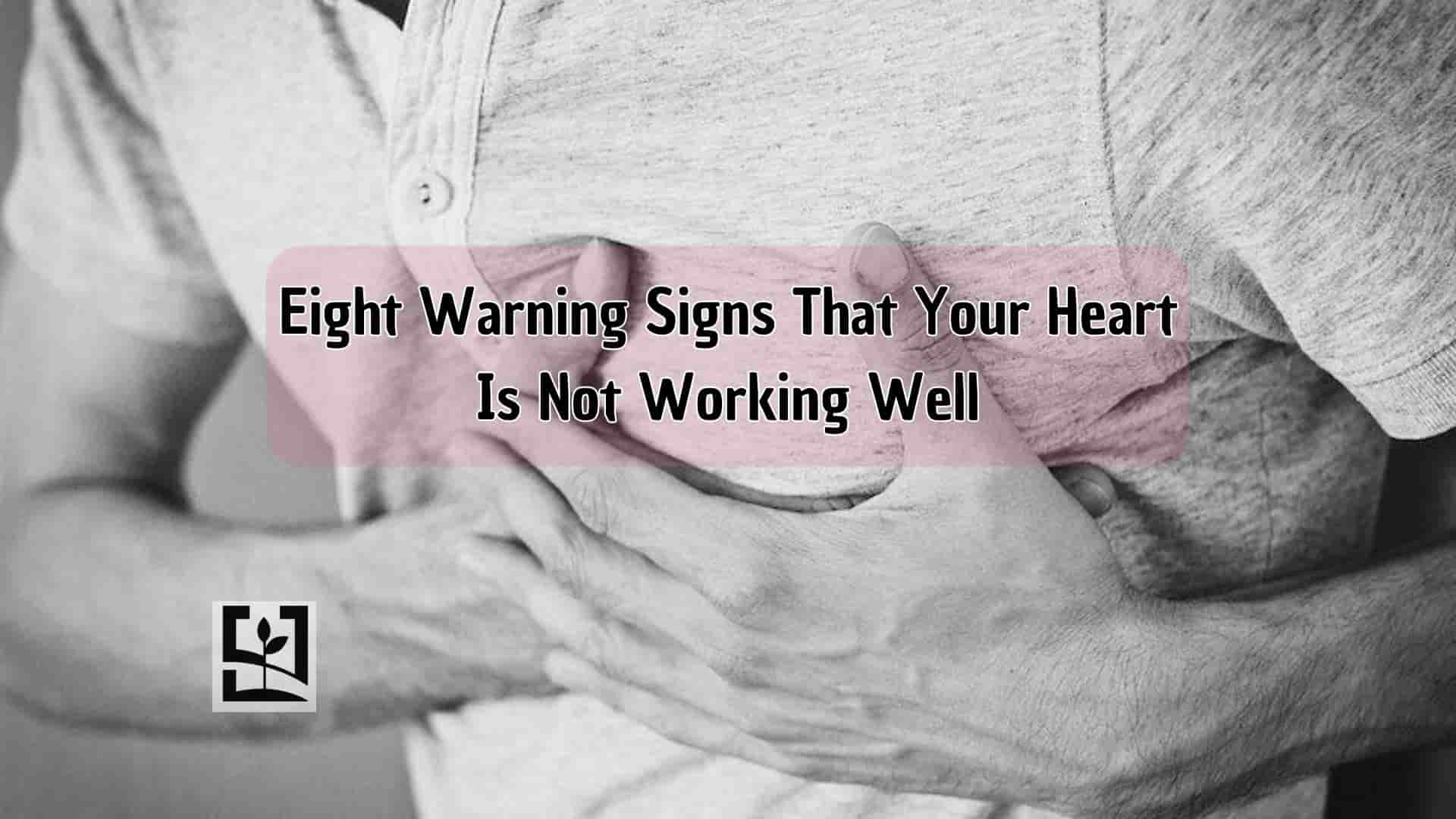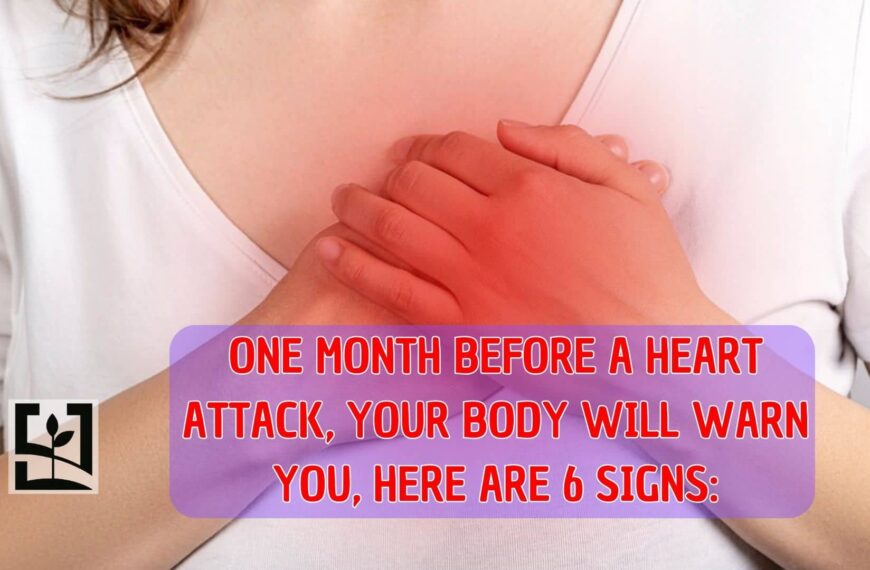17.5 million people die from cardiovascular disease every year. It is hoped that by 2030, World Heart Day, which is celebrated on September 29, will raise awareness about heart disease and what we can do to prevent or treat it. According to the World Health Organization (WHO), heart disease is the leading cause of death worldwide. Worldwide, 17,500,000 people die each year from cardiovascular diseases such as heart disease and stroke.
The heart is a muscular organ that circulates blood to all organs on a regular basis. If the heart doesn’t work, the human body will be destroyed. If the heart stops pumping blood, the body dies in about 7 minutes, and heart disease is one of the leading causes of death.
Pay attention to this and indicate to them that your heart is not working properly.
pain resulting from movement of the hand
Most men experience pain in their left arm, while women experience discomfort in their left arm, right arm, or both arms at the same time. Some women claim to experience unusual anxiety attacks before a heart attack. This is because heart disease travels through the spinal cord, which contains many nerves, and the brain can become confused and think the arm actually hurts when it doesn’t.
The cough should not stop.
Coughing can be caused by many health problems, including heart disease. People with heart failure will have a persistent cough that produces pink, blood-colored fluid. swelling of legs, feet, and ankles
Swelling in the feet can be caused by a variety of factors, including cardiovascular disease. A classic symptom of heart failure is fluid retention. This is caused by a lowered heart rate and a reduced ability of the heart to pump blood to surrounding organs. Always consult your doctor when swelling does not go away and becomes larger.
Nausea and loss of appetite
Many people with heart disease experience nausea or loss of appetite. You may also feel nauseous if you cough several times. This can cause fluid to build up around the liver and intestines. Symptoms range from moderate tremors to severe nausea and cramps and are most common in adults over 60 years old. If pain persists, consult your doctor.
Extreme and unusual levels of anxiety
Many studies show that people who are overly anxious are more likely to develop mental illness. Anxiety can be caused by a stressful lifestyle or various situations. Tachycardia, high blood pressure, and slow heart rate are some of the effects of anxiety on the heart.
I have no idea
Unexpected bleeding can occur for many reasons. However, this also points to a more serious problem. Caused by valve problems that prevent blood from flowing normally, an abnormally slow or fast pulse, or narrowing of the arteries. If it happens regularly without your knowledge, don’t ignore it.
The skin turns yellow or green.
This is not a common symptom, but when it occurs, it is caused by reduced blood flow or red blood cells and may indicate that your heart is not pumping blood properly. The main cause of this symptom is shock, and discoloration may occur all over the body or in specific areas. But if you see a hole, don’t worry. This rash is a sign of other conditions, such as anemia.
Neutral or outlier point
Two separate surveys found a link between higher risk factors and risk factors for heart disease. People with eczema are 48% more likely to have high blood pressure and 29% more likely to have high cholesterol.
Here are five simple ways to keep your heart healthy and happy.
Be more active:
Incorporate regular exercise into your daily routine. To keep your heart healthy, the World Health Organization recommends at least 30 minutes of regular physical activity every day. Some exercise, including a half-hour walk, is enough. If you walk or bike to work, you and your heart will be healthier and happier.
Balanced diet:
This includes more fruits and vegetables, whole grains, lean meats, fish and vegetables, and less salt, sugar and fat.
Say no to smoking:
The best thing you can do for your heart health is to quit smoking. Within two years of quitting smoking, the risk of heart disease drops sharply, and within five years, it is the same as that of a non-smoker.
Learn the symptoms of a heart attack:
More than 70% of heart attacks and strokes occur at home, with family members present to assist. Watch your body: Maintain healthy levels of blood pressure, cholesterol, blood sugar and body mass index (BMI), all of which are major risk factors for stroke. Today, heart disease is the leading cause of death worldwide.


